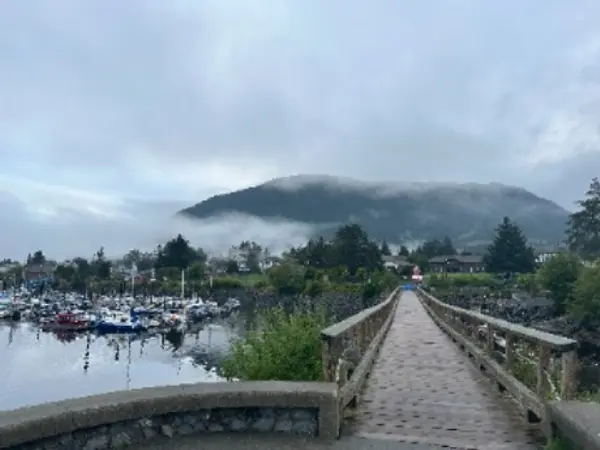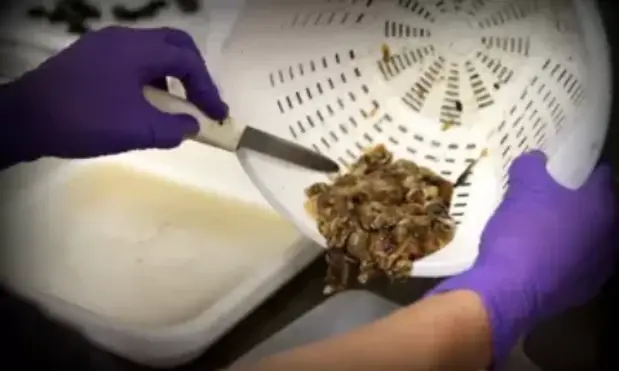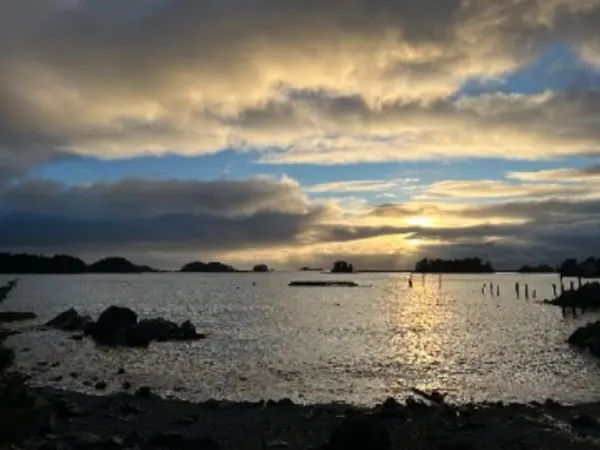

Knowledge Warding Against Toxin Levels Center
We stand at the frontline of a critical coastal health crisis — tackling Paralytic Shellfish Poisoning, which disproportionately impacts Alaska Native communities. Through climate-focused research and inclusive programs, we aim to create resilient communities and cleaner, safer oceans for all.
Our Purpose and Vision for the Future
Our center exists to respond to environmental health challenges with a focus on indigenous communities and equitable research. From supporting tribal leadership and youth development to conducting climate-resilient studies, our goals are built around inclusion, justice, and sustainability in oceans and human health.
Workshops, Trainings, and Community Activities
We host regular events including community workshops, scientific trainings, and public outreach programs. Our event calendar connects people with opportunities to learn, share, and contribute to research and awareness on oceanic health and toxin exposure.

Our Overall Project Goals
We are driven by three core objectives to serve coastal communities, build scientific knowledge, and support workforce development led by Alaska Natives.

Community Knowledge & Capacity Building
Community knowledge co-generation and capacity building through a tribally led research program. Administered by Sitka Tribe of Alaska, a federally recognized tribe, more than half the Center’s direct costs each year are budgeted for activities done by tribal organizations, rather than universities. Community is continually engaged through a Community Voices Panel convened by the Community Engagement Core led by the Kodiak Area Native Association. The Facility Core will not only generate data for the Projects that can be used for actionable new insights and provide analytical services for other scientists from outside the Center, but also provide food safety testing services for the subsistence harvest community.

Transdisciplinary Science With Impact
Transdisciplinary (drawing on indigenous, oceanographic, social science, epidemiological and toxicological epistemologies) science with impact. Major knowledge gaps important for the health of the subsistence harvest community, and that are also paradigmatically innovative, will be addressed in each Project, making use of innovative approaches informed by the diversity of perspectives in each Project team.

Workforce Development & Representation
Promote scientific and biomedical workforce. Alaska Natives are disproportionately at-risk for paralytic shellfish poisoning yet underrepresented in the scientific and biomedical workforce, and this Center will sustain and grow tribally lead research on that ocean-based health disparity. This will raise the visibility of potential careers in scientific fields while underscoring relevance of those fields for community outcomes, which may inspire students to pursue training for a career in those fields.

Supported by Science & Community
This work is supported by National Institute of Environmental Health Sciences (P01ES035551) and the National Science Foundation (Award # 2421823)



